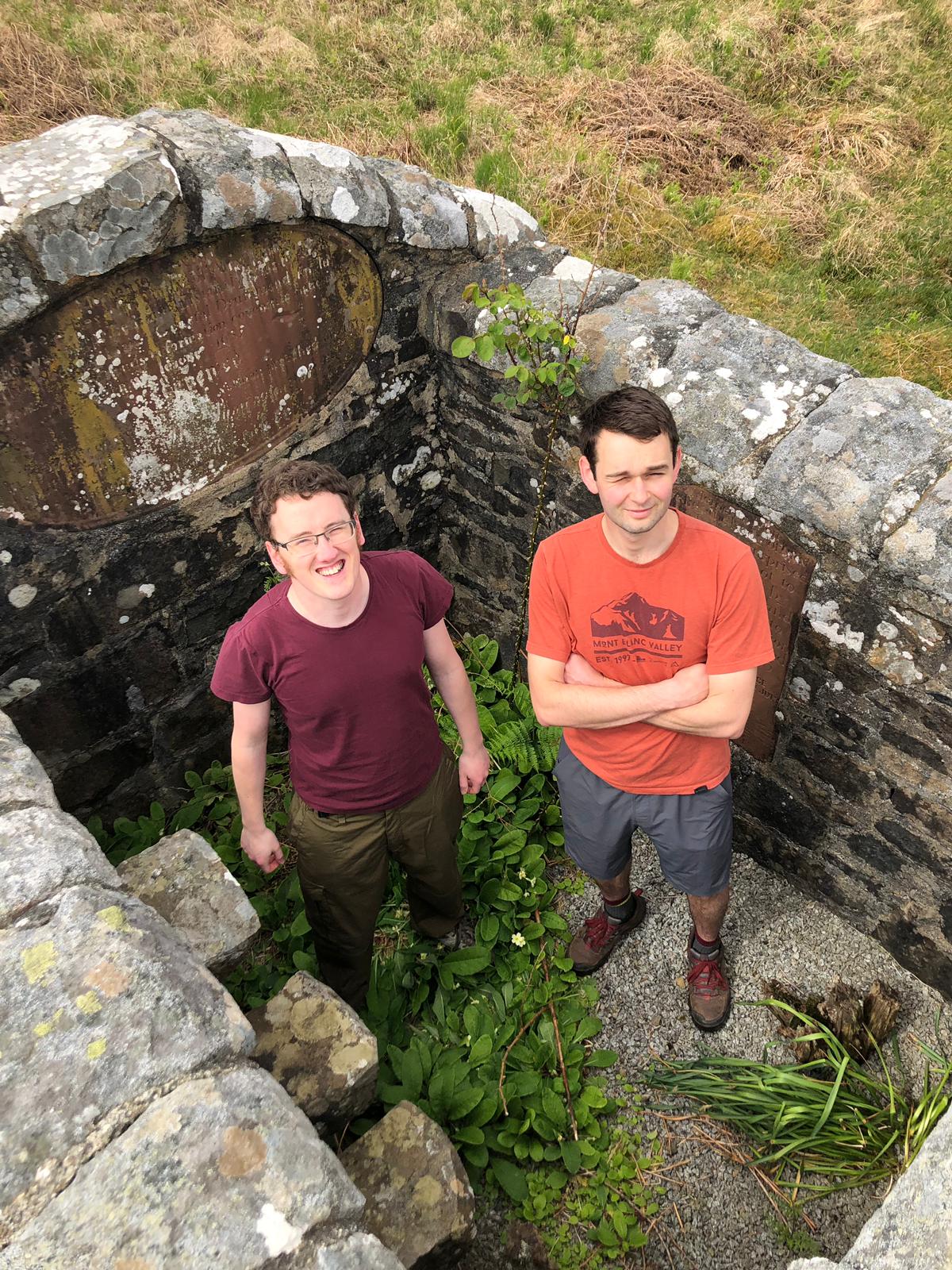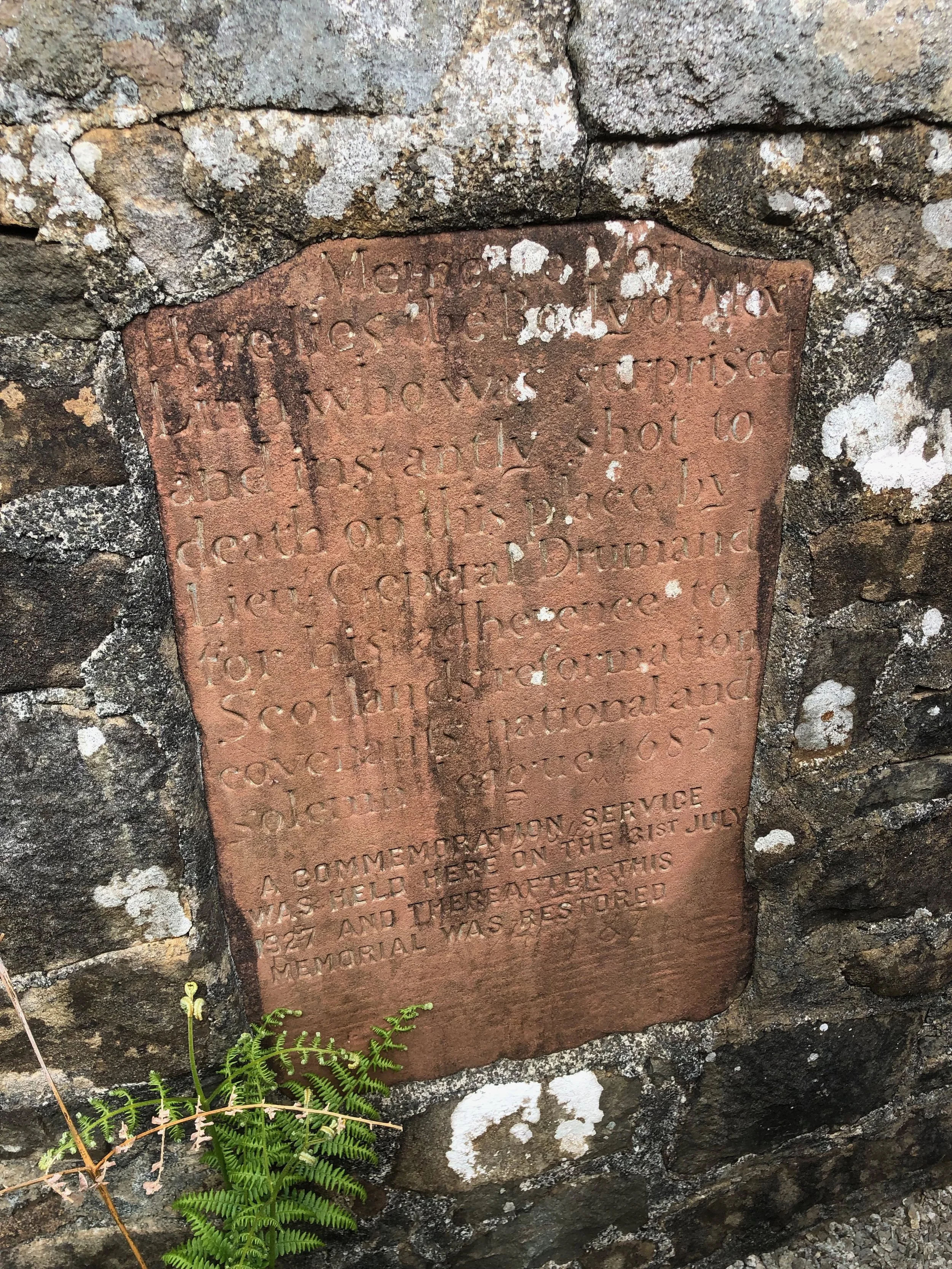As well as an article and book review about William Symington, the latest Good News magazine also has the first in a series by Stephen on the law of God. You can read it below:
Why begin a series on the Law of God? Perhaps as soon as you see the word ‘law’, you immediately think ‘legalism’. And it brings back memories of a legalistic family background or a legalistic church experience. There may not have been out-and-out teaching that you had to obey the law to get to Heaven – but there was a focus on the outward rather than the inward. People were expected to do things which God never commanded.
For others, your objection may be more theological. After all, doesn’t the New Testament tell us that we’re not under law, but under grace? Does it not say that the letter kills, but the Spirit gives life? Should we not be more concerned with love than with rules?
And yet if we as Christians aren’t clear on God’s law, we’ll not last long in our twenty-first century world. Imagine you are talking to a friend and have just taken a stand for the biblical view of marriage as a lifelong commitment between one man and one woman. But your friend replies: ‘so if homosexuality’s wrong, is it also wrong to wear clothes with two kinds of fabric? What about eating bacon? The same book (Leviticus) that condemns homosexuality condemns those things as well. You Christians pick and choose which laws you want to keep!’ One response to that objection, which I heard from a Christian who phoned in to Stephen Nolan, was ‘that’s the Old Testament – it doesn’t apply anymore’. But that won’t do either, not least because when Jesus came he said ‘Do not think that I have come to abolish the law’ (Matthew 5:17). Instead, he came to ‘fulfil’ the law – and whatever ‘fulfil’ means, it doesn’t mean ‘abolish’!
One area where the whole question of the law becomes immediately relevant to us is in regards to the Fourth Commandment. Perhaps you don’t allow your child to play sport or go to parties on Sundays, but your friend, who’s also a Christian, does. And in support of their actions they quote Colossians 2:16 – ‘Let no one pass judgment on you in questions of food and drink, or with regard to a festival or a new moon or a Sabbath’.
These aren’t small matters. Jesus himself said: ‘whoever relaxes one of the least of these commandments and teaches others to do the same will be called least in the kingdom of heaven’ (Matthew 5:19). How can we avoid legalism on one side and antinomianism on the other?
Historically, the church has navigated these difficult issues by understanding the Bible as containing three different (though at times overlapping) categories of law. This ‘threefold division of the law’ distinguishes between the moral law (summarised in the Ten Commandments), the ceremonial law (regulating Israel’s sacrificial system and matters such as ceremonial cleanliness) and the civil law (specific laws to be obeyed by the nation of Israel in the Promised Land). So called ‘New Covenant Theology’ rejects this division and says we must interpret the law as a whole. Before throwing out this distinction as a human imposition however, it should give us pause for thought when we see that the roots of it go back until at least the second century AD (as Philip Ross has shown in his excellent book on the subject, From the Finger of God).
The big question however is whether the Bible distinguishes between different types of laws – and it seems clear that it does. For example, after Jesus tells the people that what goes into someone from outside can’t defile him, Mark writes in his gospel: ‘Thus he declared all foods clean’ (7:19). So the New Testament itself teaches that those Old Testament laws about clean and unclean food no longer apply to us as Christians. The book of Hebrews tells us that we no longer need priests or sacrifices, because Jesus has fulfilled them. Those laws were there to teach the people about Jesus. Once he came, there was no need to keep observing them. Therefore the ceremonial law no longer binds Christians. You can eat a bacon roll wearing a jumper of mixed fabric, giving thanks for both! And yet, while the ceremonial law is fulfilled, it’s not irrelevant – it still points us to Jesus.
The second category of laws applied to God’s people in the Promised Land. In the book of Deuteronomy, Moses himself seems to explicitly differentiate ‘his covenant…the Ten Commandments’ from ‘statutes and rules’ which were to be obeyed ‘in the land’ (4:13-14). A classic example of one of these ‘civil laws’ is the requirement that new-build houses must have a parapet on their roof to stop people falling off (22:8). That specific regulation no longer applies to builders today – but the underlying principle (a due regard for health and safety) remains binding. The civil law was simply an application of the moral law to a specific historical situation.
However the Bible presents the Ten Commandments as utterly unique. Only they are spoken audibly by God to the people, and written by him on tablets of stone (a pretty good indication they were intended to be permanent!). Only the Ten Commandments were placed in the ark of the covenant, the sacred chest which was kept in the most holy place on earth.
Another big distinction is that the ceremonial and civil laws were only given to the Jews, whereas the Ten Commandments were in operation from the beginning of Creation. They are not merely Jewish laws, as they existed centuries before there was such a thing as a Jew. Rather, they are based on who God is. And so unless God changes, the commandments won’t change. For example, when Cain killed Abel in Genesis ch 4, he still knew it was wrong, even though it was centuries before the Ten Commandments were given at Sinai. In Genesis 9, it was wrong for Ham to dishonour his Father even before the fifth commandment was written in stone. When Potiphar’s wife tried to get Joseph to sleep with her in Genesis 39, he refused because he knew that adultery was wrong. When God gave the people manna in the wilderness, he told them that there wouldn’t be any on the seventh day, because it was the Sabbath. Even though the Ten Commandments had not yet been given, he didn’t need to explain the concept of the Sabbath to them – because it was inbuilt into Creation.
In fact, the commandments are not just built into Creation, they are also inbuilt into us. Romans 2:15 says that when Gentiles, who’ve never read the Bible, do the things that the law requires, they show that the law is written on their hearts (though since the fall, only fragments of it remain within us).
This should all give us pause for thought before we reject the idea of law altogether. The Bible itself distinguishes between the types of laws it contains, making clear which are temporary and which are permanent. And while sympathetic towards those burned by legalism, the misuse of the law by some does not mean there is something inherently wrong with the law itself – rather, it is ‘holy, righteous and good’ (Romans 7:12).
It is to the use and abuse of the law that we will come next time.
Part 2: The Ten Commandments
Part 3: The Purpose of the Law

















